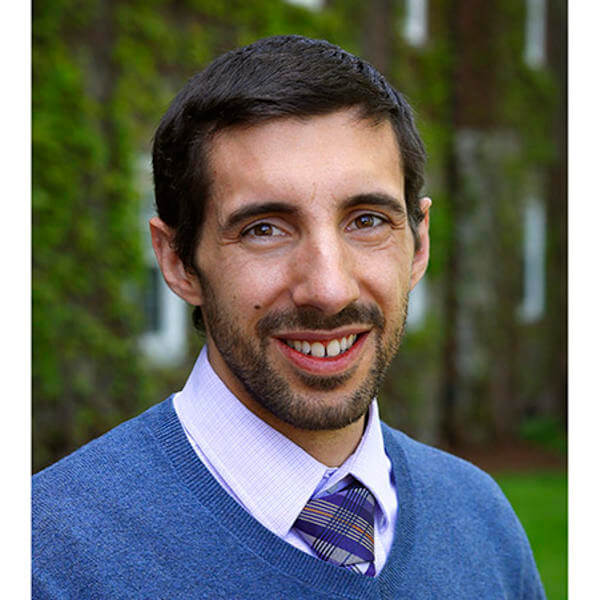Democratic presidential candidate Pete Buttigieg's recent proposal to create a national public service program for all young adults in hopes of unifying Americans of different backgrounds, has service advocates, military veterans and political commentators reeling.
But are these programs even effective at improving the lives of the people they serve?
In a commentary for The Conversation, Christopher Staysniak, visiting assistant professor of history at Holy Cross, points to a large body of evidence showing that's not the case, where actually the volunteers are the ones who end up benefiting.
"To me, it’s clear that by mobilizing millions of young people rather than thousands, Buttigieg’s plan would exacerbate this problem," said Staysniak.
Staysniak, who has spent years researching the history of U.S. volunteer service programs as part of his dissertation, believes that Buttigieg’s call for a national service program could be successful if done right.
"Should the federal government ever seek to realize his grand ambition, it ought to first answer some long-deferred tough questions about the real purposes and benefits of this kind of volunteering," said Staysniak.
To read more, visit TheConversation.com.
Could a National Service Program Be the Answer to a Divided Country? Holy Cross History Professor Opines

The Conversation
Read Time
1 Minute

